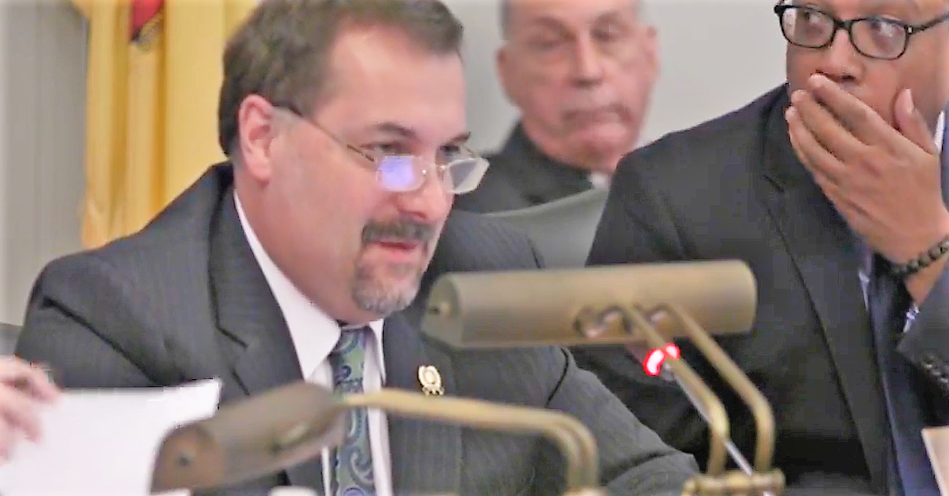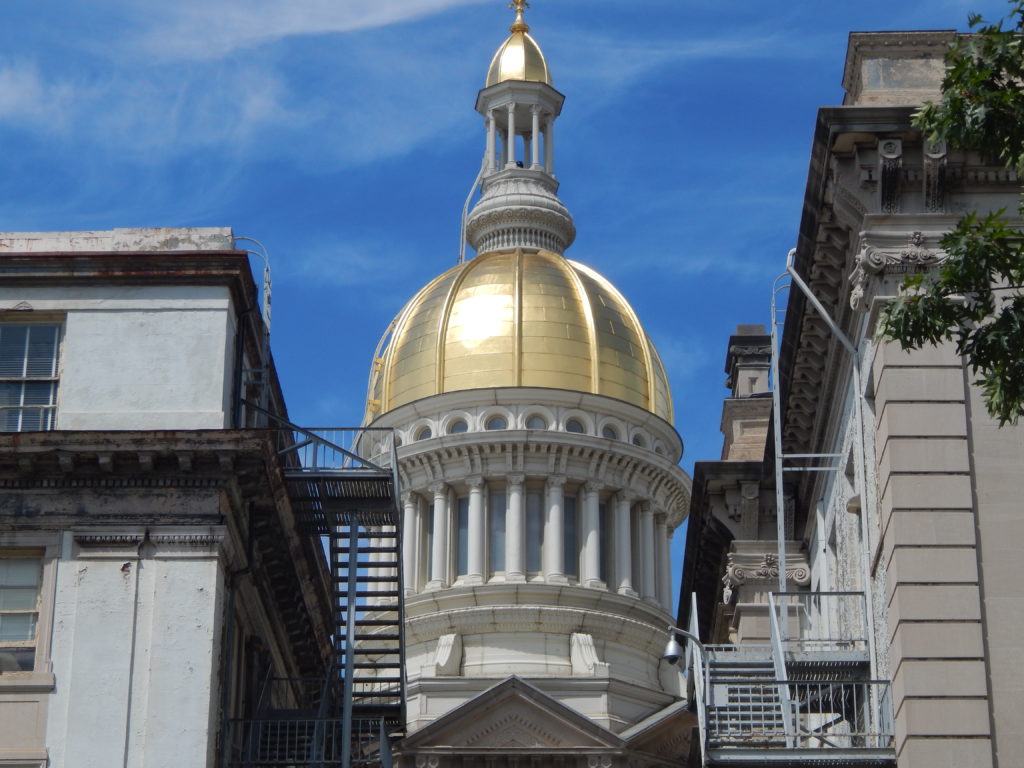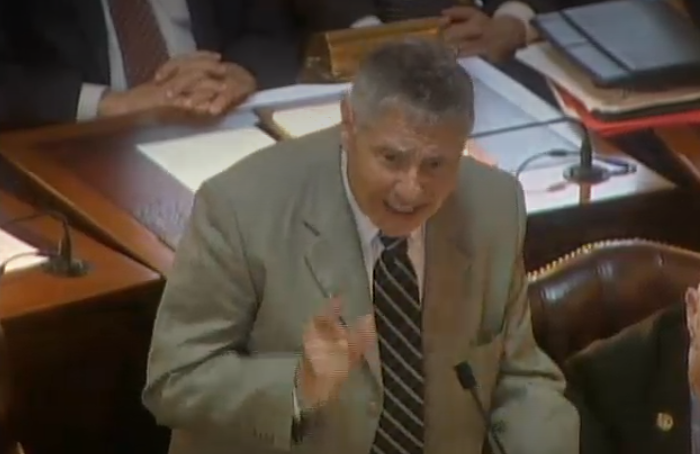Insider NJ recently released a report on the practice of obfuscating OPRA requests in New Jersey. OPRA, or the Open Public Records Act, is a law that requires government agencies to provide public access to government records. However, some agencies have been accused of intentionally making it difficult for individuals to access these records, a practice known as obfuscation.
The report found that some government agencies use a variety of tactics to obfuscate OPRA requests. One common tactic is to delay the response to the request, often citing a backlog of requests or a lack of resources. This can be frustrating for individuals who need the information quickly or who are on a tight deadline.
Another tactic is to redact or withhold information from the records, claiming that it is exempt from disclosure under OPRA. While there are legitimate exemptions under the law, some agencies have been accused of overusing them to withhold information that should be public.
The report also found that some agencies charge exorbitant fees for fulfilling OPRA requests, which can deter individuals from pursuing the information they need. While agencies are allowed to charge reasonable fees for copying and processing records, some have been accused of inflating these costs to discourage requests.
The practice of obfuscating OPRA requests is not only frustrating for individuals seeking information, but it also undermines the principles of transparency and accountability in government. Access to public records is essential for ensuring that government officials are held accountable for their actions and that taxpayers are able to monitor how their money is being spent.
To combat this practice, Insider NJ recommends that individuals who encounter obfuscation in their OPRA requests file complaints with the New Jersey Government Records Council. The council is responsible for enforcing OPRA and can investigate complaints of noncompliance.
In conclusion, the practice of obfuscating OPRA requests is a concerning trend in New Jersey. It undermines the principles of transparency and accountability in government and can make it difficult for individuals to access the information they need. By raising awareness of this issue and holding government agencies accountable, we can ensure that OPRA is being properly enforced and that public records remain accessible to all.




